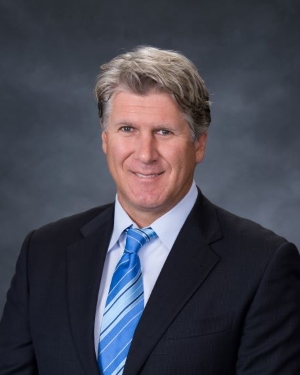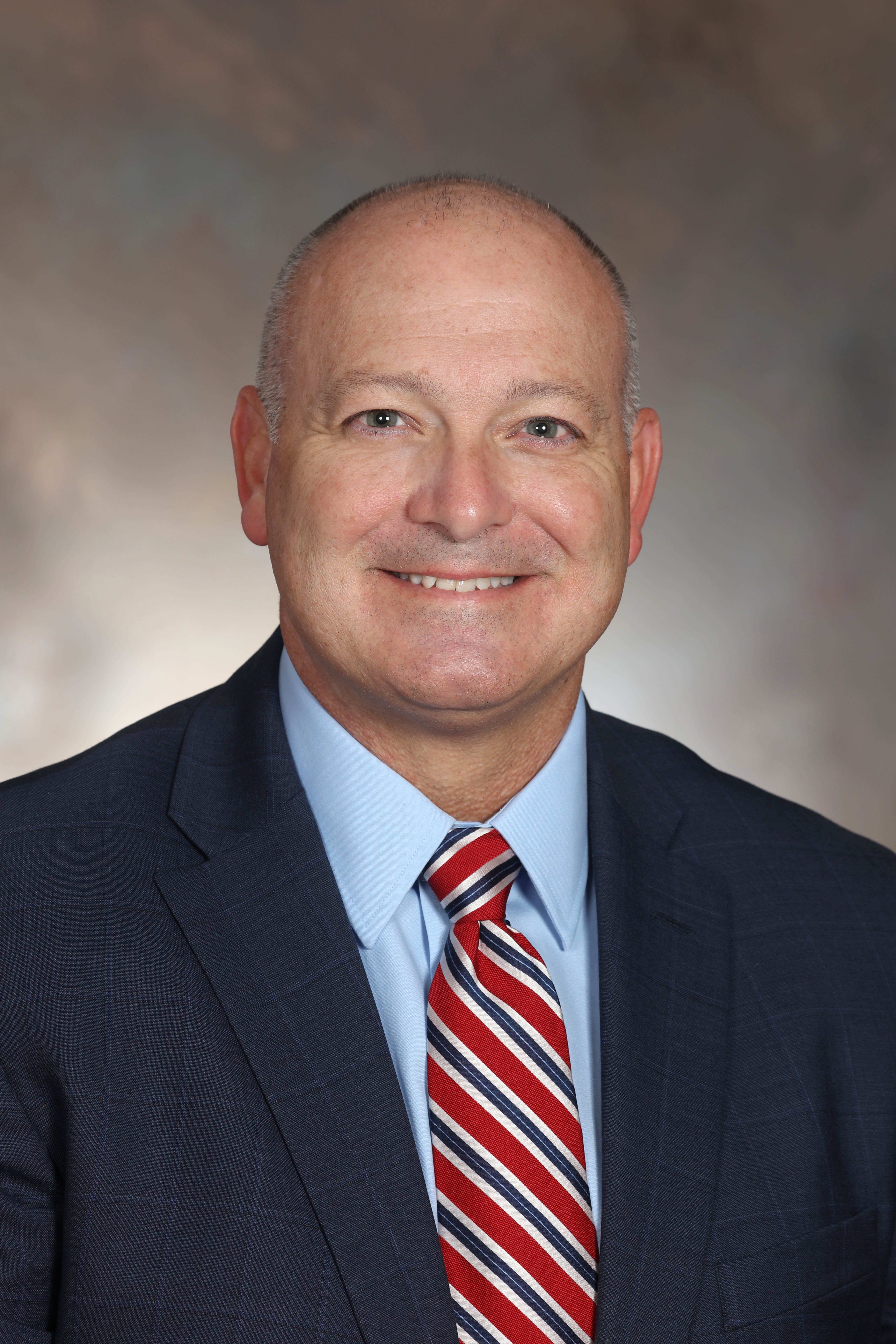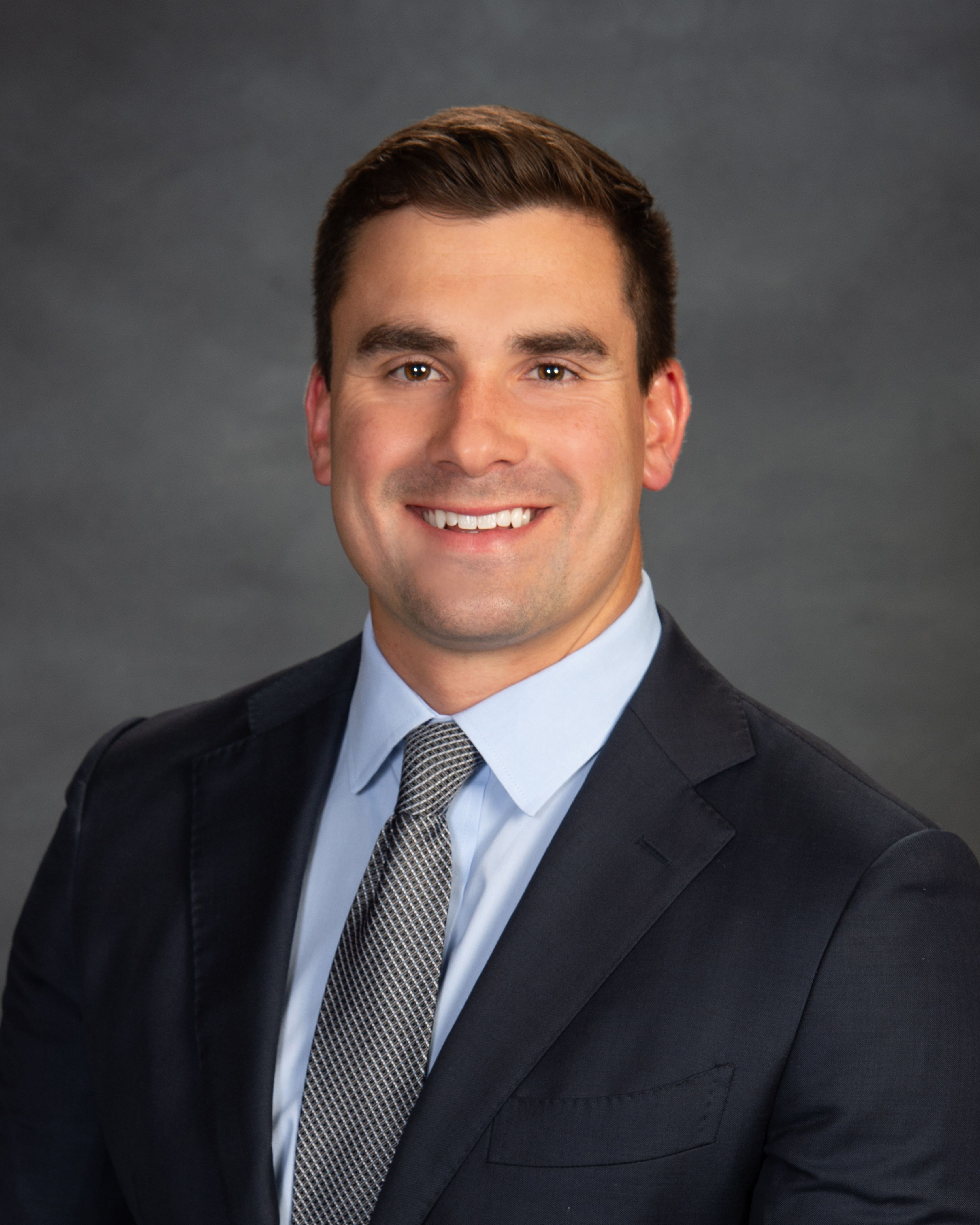Neck Arthritis (Cervical Spondylosis)
Specialties
- Anterior Hip Replacement
- Neck Arthritis (Cervical Spondylosis)
- Endoscopic Carpal Tunnel Release
- Hip Arthroscopy
- Robotic Assisted Knee Replacement
- Robotic Joint Replacement & Spine Surgery
- Rotator Cuff Repair
- Orthopedic Fracture & Trauma Care
- Outpatient Total Knee Replacement
- Partial Knee Replacement
- Radiculopathy (Pinched Nerve) Treatment
- Total Ankle Replacement
- Total Shoulder Replacement
- Hand
- Hip
- Foot & Ankle
- Knee
- Shoulder & Elbow
- Spine
Benefits of Cervical Disc Replacement
Our spines have discs between each vertebrae, acting as shock absorbers when the spine moves. Over time, these discs can wear down or degenerate, which can narrow the space around the spinal cord and put pressure on the nerves. This may result in pain, numbness, or weakness in the area of the body that the nerve supplies. In the cervical spine (the upper portion of the spine, in the neck), these symptoms often affect one of the arms.
Conservative treatments like physical therapy, anti-inflammatory medications, and steroid injections may be used initially to treat symptoms of cervical disc degeneration. However, if nonsurgical treatments do not relieve symptoms, surgery may be recommended.
Traditionally, cervical disc degeneration has been treated with a spinal fusion, which involves removing the damaged disc material and fusing the two vertebrae together with a bone graft. However, this limits motion in that segment of the spine. With cervical disc replacement, the damaged disc is replaced with an artificial disc. This procedure offers many benefits over a fusion, including:
- Maintained movement in the affected level of the spine
- Lower reoperation rate
- Lower rate of degeneration over time
Candidates for Cervical Disc Replacement
Cervical disc replacement can be very beneficial in the right candidates. Dr. Bundy and Dr. Carter typically offer cervical disc replacement as an alternative to spinal fusion for patients who:
- Are under 55 years old
- Have radicular arm pain (pain that radiates down the arm) caused by a bulging or degenerated disc
- Have no significant neck arthritis
- Have not seen improvement with conservative treatments
Patients who do not meet all of the above criteria are not candidates for cervical disc replacement, and will need to have spinal fusion surgery instead. Additionally, cervical disc replacements are only FDA approved for up to 2 levels of the spine. If a patient has 3 or more bulging or degenerated discs, Dr. Bundy and Dr. Carter will recommend a spinal fusion.
Cervical Disc Replacement Procedure
Dr. Bundy and Dr. Carter perform cervical disc replacements on an outpatient basis, so most patients are able to return home the day of surgery. The procedure typically takes about an hour to complete.
First, the surgeon makes a small incision (typically about 2 inches) at the front of the neck to access the spine. He then removes the damaged disc and replaces it with an artificial disc implant.
Disc replacement implants are typically made up of two metal surfaces, with one being attached to the vertebra above the affected disc space, and the other attached to the vertebra below. A medical-grade plastic insert may be placed between the two metal components, similar to a hip or knee replacement. This technique allows the patient to maintain motion at that level of the spine.
Recovery and Long-Term Results
In the initial recovery period, patients are placed in a soft collar to support the neck and limit motion. Patients typically wear the collar for about 10-14 days. Patients will sometimes have transient swallowing problems during the first 7-14 day after surgery. In these cases, the surgeon recommends a soft diet until these problems have subsided.
Because the surgeon does not have to cut much of the muscle for a cervical disc replacement, patients typically do not experience a significant amount of pain after surgery. Physical therapy is typically not needed.
Once the device has grown into the bone, which can take between 4 weeks and 3 months, patients do not have any long-term restrictions and are able to resume all activities they were doing prior to surgery.
Cervical Disc Replacement in Augusta and Aiken
Our spine specialists, Dr. Justin Bundy and Dr. Ty Carter, have years of experience in treating neck arthritis. In qualified patients, cervical disc replacement can be an excellent, motion-preserving alternative to spinal fusion surgery. If you would like to learn more or schedule an appointment with Dr. Bundy, please call our Augusta office at 706-863-9797 or Dr. Carter, please call our Aiken office at 803-649-2250 or fill out our convenient appointment request form.



